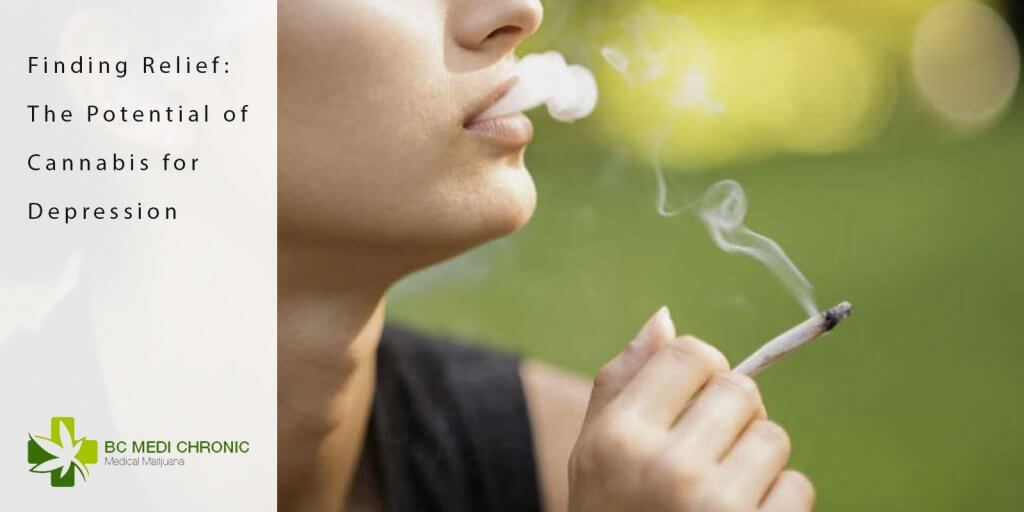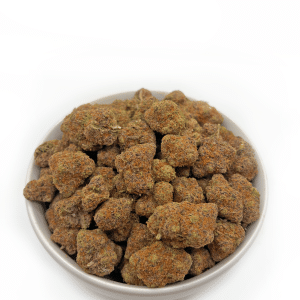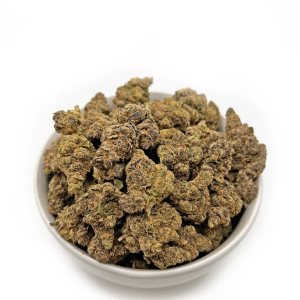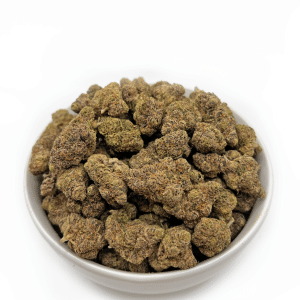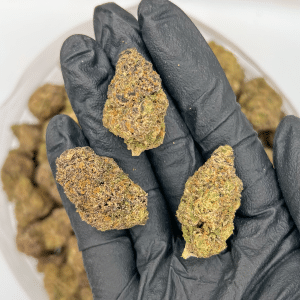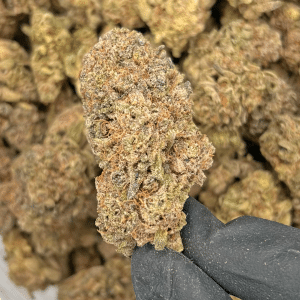Are you tired of the relentless cycle of anxiety and depression? Seeking a natural and effective solution to alleviate your symptoms? Look no further than cannabis. With its therapeutic properties gaining significant attention, especially in mental health, it’s time to explore the possibilities within this remarkable plant. Delving into the science behind cannabis’s impact on mental health, uncovering strains and consumption methods suited for depression relief, and providing practical tips for incorporating cannabis into your wellness routine, this article offers a new approach to mental health. Join us on this journey to harness the potential of cannabis and find relief from the burden of depression.
Understanding depression and its impact
Depression, a complex mental health disorder affecting countless individuals worldwide. It is characterized by persistent feelings of sadness, hopelessness, and a diminished interest in life’s activities. Its profound impact encompasses overall well-being, hindering daily functioning, relationships, and the ability to experience joy. Managing and treating depression requires a thoughtful approach to alleviate symptoms and enhance quality of life. This condition is influenced by a combination of genetic, environmental, and psychological factors, affecting neurotransmitters like serotonin, norepinephrine, and dopamine that regulate mood. Imbalances in these neurotransmitters contribute to the hallmark symptoms of depression.
What is cannabis and how does it work?
Cannabis, also known as marijuana, has been used for centuries due to its medicinal and recreational properties. It contains cannabinoids that interact with the body’s endocannabinoid system (ECS), a network of receptors found throughout the body. The ECS regulates various physiological processes, including mood, appetite, and pain. The two main cannabinoids in cannabis are THC and CBD. THC is responsible for the psychoactive effects, while CBD offers therapeutic properties without intoxication. When consumed, cannabinoids interact with ECS receptors, resulting in psychoactive effects or potential therapeutic benefits. Cannabis provides a diverse range of possibilities for both recreational and medicinal use, thanks to its complex chemical composition.
The potential benefits of cannabis in managing depression
Cannabis has emerged as a promising option for managing depression, offering a variety of potential benefits. Strains high in THC can uplift mood, bringing temporary relief from depressive symptoms and promoting feelings of relaxation and happiness. By reducing stress levels, cannabis, including THC and CBD, exhibits anti-anxiety properties that contribute to a sense of calmness. It can also improve sleep quality, particularly with indica strains, aiding in addressing insomnia and enhancing overall well-being. Through its interaction with the brain’s endocannabinoid system, cannabis helps regulate neurotransmitters like serotonin and dopamine, restoring balance and alleviating depressive symptoms. Furthermore, cannabis provides analgesic properties, relieving chronic pain often associated with depression and positively impacting mood and overall wellness.
Different methods of consuming cannabis for depression
When it comes to using cannabis for depression, there are various methods of consumption to consider. Each method has its own advantages and disadvantages, and what works best for one person may not work for another. It’s important to find the method that suits your needs and preferences.
- Smoking: Smoking cannabis involves inhaling the smoke produced by burning the dried flowers of the plant. This method provides quick onset of effects, as the cannabinoids are rapidly absorbed into the bloodstream through the lungs. However, smoking can be harsh on the lungs and may not be ideal for those with respiratory issues.
- Vaping: Vaping involves heating the cannabis plant or its extracts to a temperature that releases the cannabinoids without producing smoke. This method is considered to be less harmful to the lungs compared to smoking, as it eliminates the combustion process. Vaping provides a similar rapid onset of effects as smoking but with potentially fewer respiratory risks.
- Edibles: Edibles are food or beverages infused with cannabis extracts. Upon consumption, the cannabinoids undergo metabolism in the liver, where they are transformed into a different compound that elicits the desired effects. Unlike smoking or vaping, edibles require digestion, resulting in a delayed onset of action. As a result, it takes longer for the effects of edibles to manifest. However, the effects can last longer and may be more potent.
- Topicals: Topicals are cannabis-infused products, such as creams, lotions, or balms, that are applied directly to the skin. They are primarily used for localized relief of pain, inflammation, and skin conditions. Topicals do not produce psychoactive effects, as the cannabinoids do not enter the bloodstream. They are a good option for those who want to avoid the intoxicating effects of cannabis.
Tips on how to incorporate cannabis into your wellness routine
If you’re contemplating incorporating cannabis into your wellness routine to manage depression, here are some essential tips to consider:
- Consult with a healthcare professional: Seek guidance from a healthcare professional knowledgeable about cannabis and mental health. They can advise on dosage, strain selection, and potential interactions with other medications.
- Start with a low dose: Begin with a low dose when trying cannabis for the first time or exploring new strains or consumption methods. Gradually increase the dose as needed to determine your tolerance and find the optimal amount for your symptoms.
- Maintain a journal: Keep a journal to track your cannabis consumption, including dosage, strain, and effects experienced. This record will offer valuable insights into what works best for you and help refine your wellness routine.
- Embrace a balanced approach: While cannabis may provide potential benefits for managing depression, remember that it is not a cure-all. Incorporate it as part of a holistic approach to mental health, which may include therapy, lifestyle adjustments, and evidence-based treatments.
By following these tips, you can approach the use of cannabis for depression management in a safe and informed manner, optimizing its potential benefits as part of your overall wellness strategy.
Conclusion
Depression is a challenging condition that requires comprehensive management and treatment. While cannabis shows promise in managing and alleviating depression symptoms, it is crucial to approach its use with caution and in consultation with a healthcare professional. The potential benefits of cannabis, particularly its effects on serotonin levels, inflammation, anxiety, sleep, and pain, make it an intriguing option for those seeking relief from the heavy burden of depression. By understanding the science behind cannabis, exploring different strains and consumption methods, and incorporating it into a balanced wellness routine, individuals may find a new approach to mental health that brings much-needed relief and hope. So, embrace the potential of cannabis and embark on a journey towards finding relief from depression’s grip. Visit BCMedichronic.co online dispensary today.
-
Select options This product has multiple variants. The options may be chosen on the product page Flower
Black Jack
Price range: $5.00 through $80.00 -
Select options This product has multiple variants. The options may be chosen on the product page Flower
Candy Star
Price range: $5.00 through $80.00 -
Select options This product has multiple variants. The options may be chosen on the product page Flower
Cotton Candy
Price range: $5.00 through $80.00 -
Select options This product has multiple variants. The options may be chosen on the product page Flower
Dutch Treat
Price range: $5.00 through $80.00 -
Select options This product has multiple variants. The options may be chosen on the product page Flower
Funky Charm
Price range: $5.00 through $80.00 -
Select options This product has multiple variants. The options may be chosen on the product page Flower
Ghost Train Haze
Price range: $5.00 through $80.00 -
Select options This product has multiple variants. The options may be chosen on the product page Flower
Grape Pie
Price range: $5.00 through $80.00 -
Select options This product has multiple variants. The options may be chosen on the product page Flower
Grey Goose
Price range: $5.00 through $80.00

